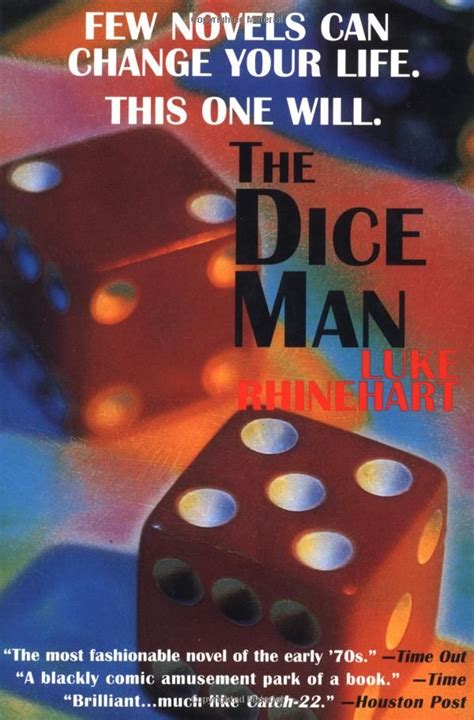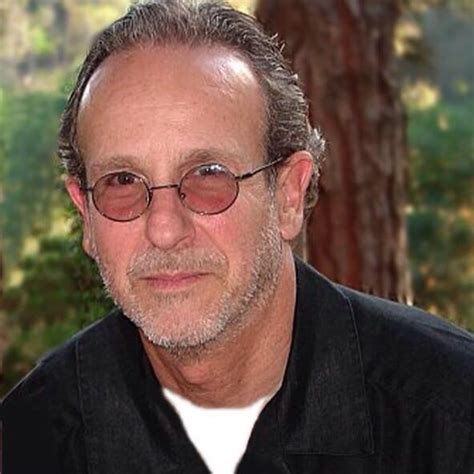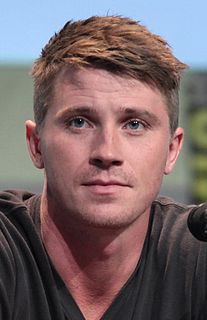A Quote by Luke Rhinehart
There have been 15 or 16 screenplays over the years, including one by me, but none of them has gotten made because Paramount is a huge studio. The Dice Man is an anti-establishment cult novel and you don't normally make studio films from such dark comedy material.
Related Quotes
I make the joke, all the time, that if you have the word "man" and a number in the title, like Batman 2, Spider-Man 2 or Iron Man 12, you'll get it made. The kind of movies I make, studios don't make them. I've made a lot of movies, and at Castle Rock, we've made 125 movies. None of them get made at a studio. I've got to scrounge around for money, every time. I just like to tell stories. I'm a storyteller, so I want the most people to see it.
I've gotten to work with amazing people. I would say usually we get to a point before we get into the studio where there isn't that sense of anxiety or nervousness of who they are because I don't think it would be as productive in the studio if that was the case. But maybe meeting someone like Neil Young for the first time made me anxious.
Over the years, my marks on paper have landed me in all sorts of courts and controversies - I have been comprehensively labelled; anti-this and anti-that, anti-social, anti-football, anti-woman, anti-gay, anti-Semitic, anti-science, anti-republican, anti-American, anti-Australian - to recall just an armful of the antis.
'Beyond the Lights' took incredible fight to get made. Four years of writing and two years of overcoming 'no.' Every studio balked. Twice. But I kept fighting. What gave me the courage was 'Love & Basketball.' Every studio turned down that film, too. But I never gave up because I believed in it with my whole heart and soul.
All I ever hoped for was freedom of choice and to not have to just do work because I needed to pay the bills. If you can, weave your way into a studio in a situation where it's supportive of the other work you wanna do. Also, there is caliber and weight in studio films, and I think the ideal is to get that balance right: Do a studio film, go away and do something that is smaller.






































